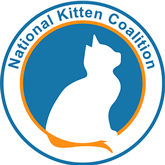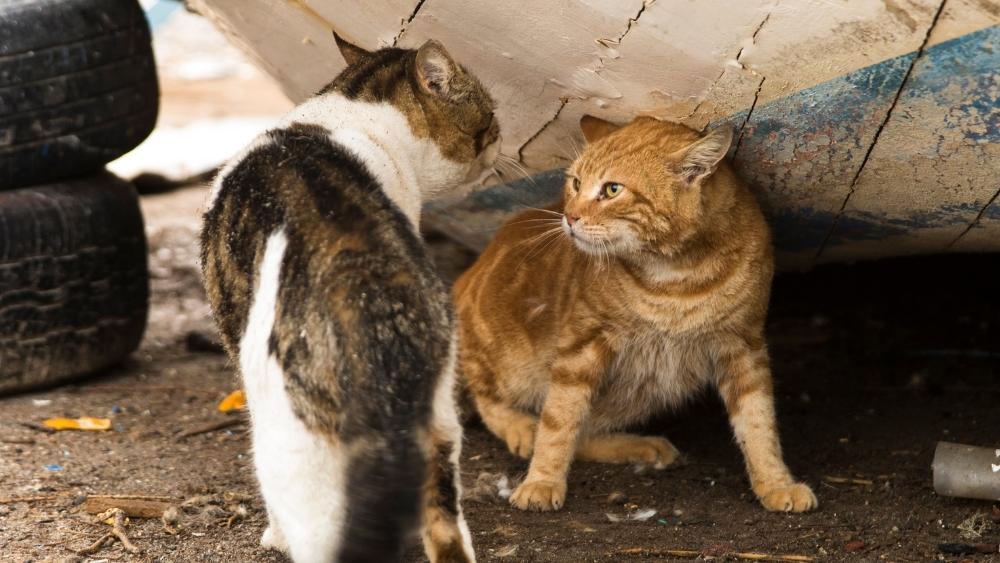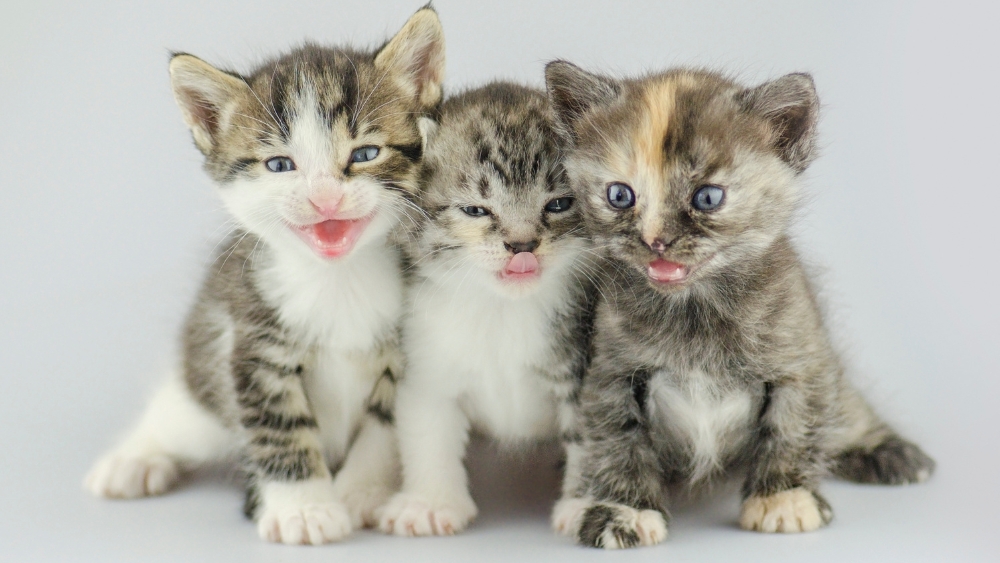Share this resource or email it to a friend!
This is part 1 of this 3-part series on FIV. Part 2 covers phases and symptoms, and part 3 covers prevention and support.
Feline Immunodeficiency Virus (FIV) is among the most common infectious diseases affecting cats around the world. In North America, about 3-5% of cats tested for FIV are positive.
The virus was discovered in 1986 in the United States in a colony of rescue cats who began showing symptoms similar to humans who were affected by Human Immunodeficiency Virus (HIV). Although FIV and HIV are very similar, the viruses are species specific; FIV only infects cats, HIV only infects humans, and these viruses cannot affect other animals. Cats can be infected at any age, but most are 5-10 years of age when they’re diagnosed. Cats who are infected with FIV can remain healthy for years and live relatively average life spans if cared for properly.
The primary mode of transmission of FIV is through an infected cat’s saliva, typically transmitted via a bite. FIV is most commonly found in unneutered adult male cats with outdoor access; this is the group of cats who are most likely to fight. Blood transfusions are also a potential mode of transmission. Other contact, such as sharing food bowls, water bowls or mutual grooming, doesn’t appear to efficiently spread the virus.
The virus doesn’t survive long in the environment and is readily killed by common disinfectants. As a result, FIV-negative cats in households with stable social structures without fighting are at a very low risk of contracting FIV from their FIV-positive housemate. A queen who becomes infected with FIV while pregnant rarely transmits the virus to her kittens.
A screening FIV-antibody blood test for all pet cats should be done if they are:
- Sick, regardless of age and despite previous negative test results
- About to be brought into a new home via fostering or adoption, regardless of age
- At risk of exposure even if their most recent test was negative
- Of unknown FIV status
- Six months after a change in their environment or lifestyle
The importance of appropriately identifying cats with FIV cannot be stressed enough. Failure to identify infected cats may lead to inadvertent exposure and transmission to uninfected cats, while misdiagnosis of infection in uninfected cats may lead to inappropriate changes in lifestyle or even euthanasia.
A decision to euthanize should never be made solely on the basis of whether a cat has one positive test for FIV, as no one test is 100% accurate. All test results should be interpreted along with the overall health of the cat and prior likelihood of infection. All positive tests should be confirmed with another test method, such as a western blot assay or immunofluorescence assay, at a diagnostic laboratory that handles many samples and performs a wide variety of tests.
To illustrate the importance of confirming a single positive antibody test, consider these scenarios:
- False Negative Antibody Tests due to
- recent infection; retest in 60 days
- advanced disease; the immune system is compromised and can no longer produce antibodies
- False Positive Antibody Tests due to
- a nursing kitten receiving antibodies from an FIV-positive queen’s colostrum; the kitten is not truly infected
- FIV vaccine; tests could not distinguish antibodies produced by the vaccine from natural infection. Although FIV vaccines aren’t available in the United States, they are available in Australia, New Zealand and Japan at the time of this article.
Kittens may be tested for FIV at any age. Most kittens test negative, indicating no infection. As mentioned above, tests for FIV can detect antibodies passed in colostrum from an FIV-infected queen, which can be mistaken for infection in the kitten.
Kittens who test positive for FIV antibodies should be retested every 60 days up to six months of age and if the kitten then tests negative, it most likely is not infected. Only when a kitten has tested positive and been confirmed positive after 6 months of age should a kitten be considered truly infected with FIV.






